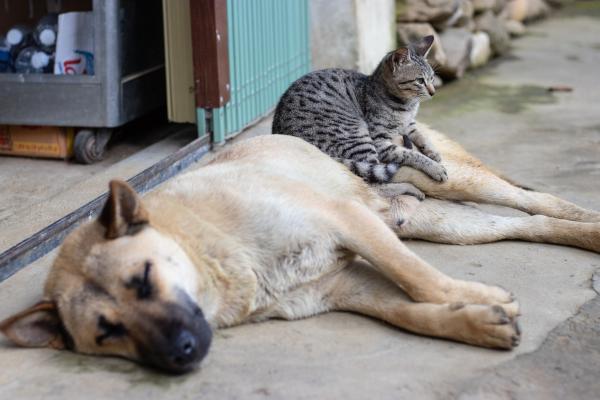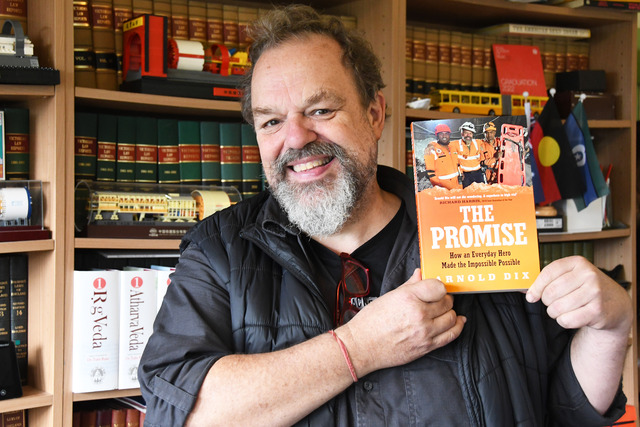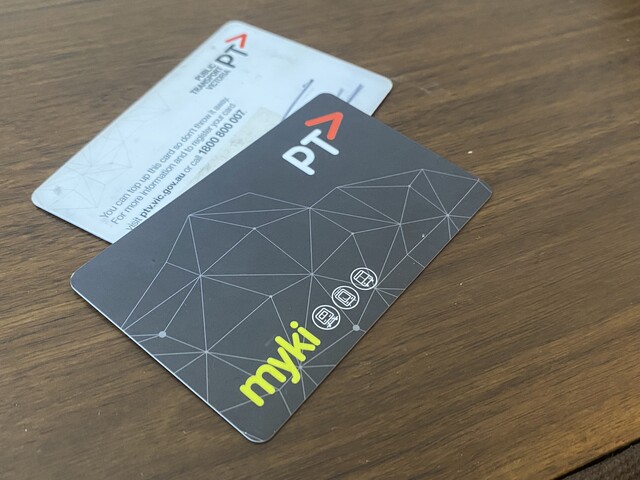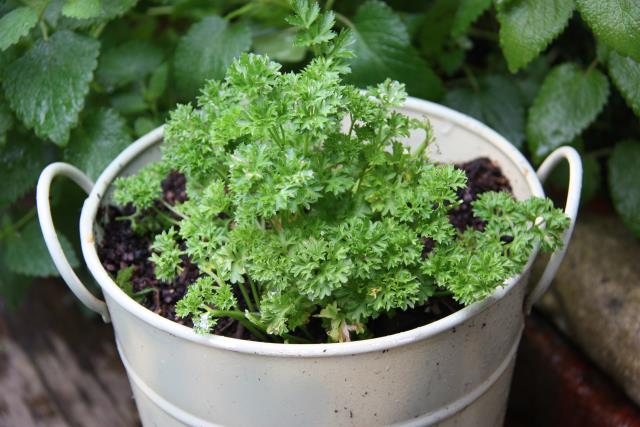Casey City Council recorded the second highest number of animal cruelty reports in Victoria from 2020-21, with a total of 577 incidents.
About 203 of the 577 reports were related to husbandry issues, including poor grooming, hygiene and living conditions.
Underweight animals were the second most common form of animal cruelty.
Dogs were by far the most common species abused, with 369 reports, followed by 74 reports involving cats and 43 regarding horses.
Cardinia Shire Council was the tenth ranked local government area in Victoria, with a total of 298 animal cruelty reports.
Reports of deliberate animal cruelty rose by 13 per cent from 2020-21, with neglect continuing to be the biggest animal welfare issue in Victoria.
During 2020-21 RSPCA Victoria’s Inspectorate responded to 10,745 cruelty reports and cared directly for 1,575 seized and surrendered animals, a six per cent increase on the previous year.
RSPCA Victoria’s chief inspector Michael Stagg said while Covid-19 had paused many workplaces, RSPCA Victoria’s 29 Inspectors continued to investigate cruelty every day throughout the pandemic.
“The correlation between lockdowns and an increase in reports of animal beating and wounding is a really concerning trend,” Mr Stagg said.
“Covid-19 has created a significant amount of pressure on people.
“When there is financial stress, mental health or drug and alcohol issues, animal cruelty and neglect tends to increase.
“It is also possible that reports have increased due to people being at home for longer periods.”
Although reports of animals without adequate food, water or shelter declined over the past 12 months, they still made up around half of all reports.
Mr Stagg said these reports illustrated that neglect was still the number one issue in Victoria.
“With the high number of people adopting or taking on pets during Covid-19, it’s vital that people understand how to look after their pet and what good welfare looks like,” Mr Stagg said.
“Research what your pet needs in terms of food, shelter, grooming, exercise, training, vet care and companionship and if you’re not sure, give us a call or make contact. We always prefer to help prevent welfare issues, than be called up when it’s too late.”







